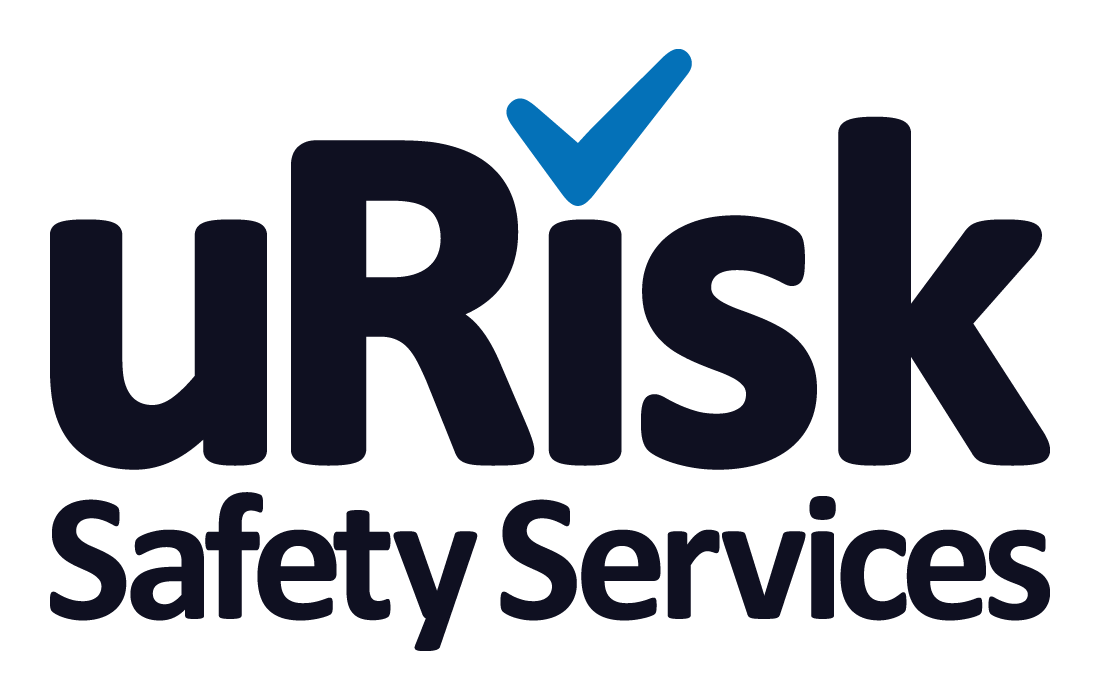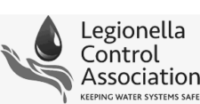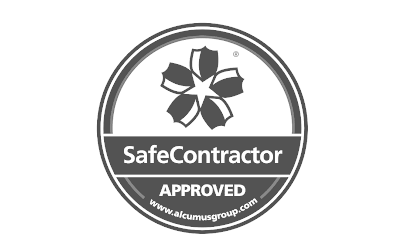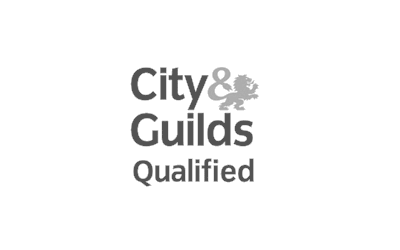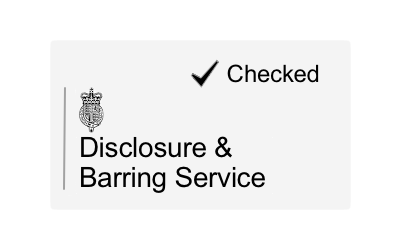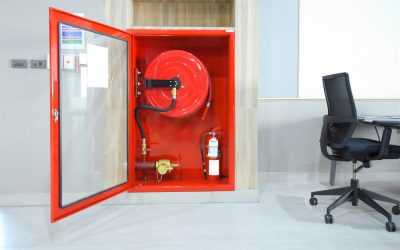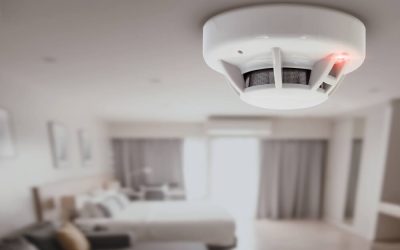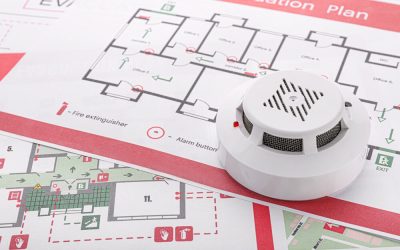Understanding the importance of water tank chlorination
It is an HSE requirement that, in order to prevent and control the Legionella bacteria, companies must: “keep the system and the water in it clean” and “treat water to either control the growth of Legionella (and other microorganisms) or limit their ability to grow”. Water tank chlorination is, therefore, an essential way of ensuring water quality and safety.
Chlorination of water has been carried out safely for decades and poses no risk to your health as long as it is handled by a trained professional. In fact, it is still the most cost-effective way of disinfecting your water tank.
Why do we need water tank disinfection?
In its natural form, water plays host to many micro-organisms, including some that are harmful to humans, called pathogens. Over time it is natural for your water system to collect contaminants that will affect the quality of the water. If left untreated, conditions could become right for harbouring bacteria such as Legionella or E-coli.
Water tank chlorination is the most popular method of disinfecting water to make it safe for human consumption and is used around the world. Chlorination is inexpensive, straightforward to implement, and is effective quickly.
The most common reasons a company needs water tank chlorination is when a new water supply pipe or system has been installed if it is a recommendation after a risk assessment or when there has been a positive result for bacteria, if sludge is discovered, or if your water system has not been used for a while, such as during Lockdown.
What does water tank chlorination involve?
The water tank must first be drained, and all the interior surfaces thoroughly cleaned and dried. The tank is then refilled and the chlorine treatment added, then left to take effect. The next step is to neutralise the chlorine, empty and refill the tank. If we are doing a full system disinfection, we will pull it through all the water outlets, testing every one to ensure that the chlorine levels are maintained. Samples are taken and tested at all stages to ensure safety compliance.
HSE & COSHH compliant
Our water tank chlorination services are carried out by our engineers using the correct equipment and who are fully compliant with HSE & COSHH regulations as specified in BS 8558:2011. Contact us for more information about water tank cleaning and water chlorination services.
Legionella and Water Hygiene Blog Posts
Office Fire Risk Assessment
As you would expect, keeping your office safe from the risk of fire is a legal requirement under the Regulatory Reform (Fire Safety) Order 2005. If you are the owner or manager of a business, or landlord of an office building, it is your responsibility to ensure your...
Fire Risk Assessment For Flats
Your legal requirements as a landlord include taking precautions to keep your tenants safe, including when it comes to the risk of fire in flats. As part of the fire safety regulations, fire risk assessments for flats is therefore part of your legal obligation to...
Getting A Risk Assessment For Fire in the UK
As an employer, landlord or facilities manager, it is your legal responsibility to keep everyone who uses your premises safe. A fire risk assessment is an important part of this because it identifies what might cause a fire so you can take steps to prevent one, as...
